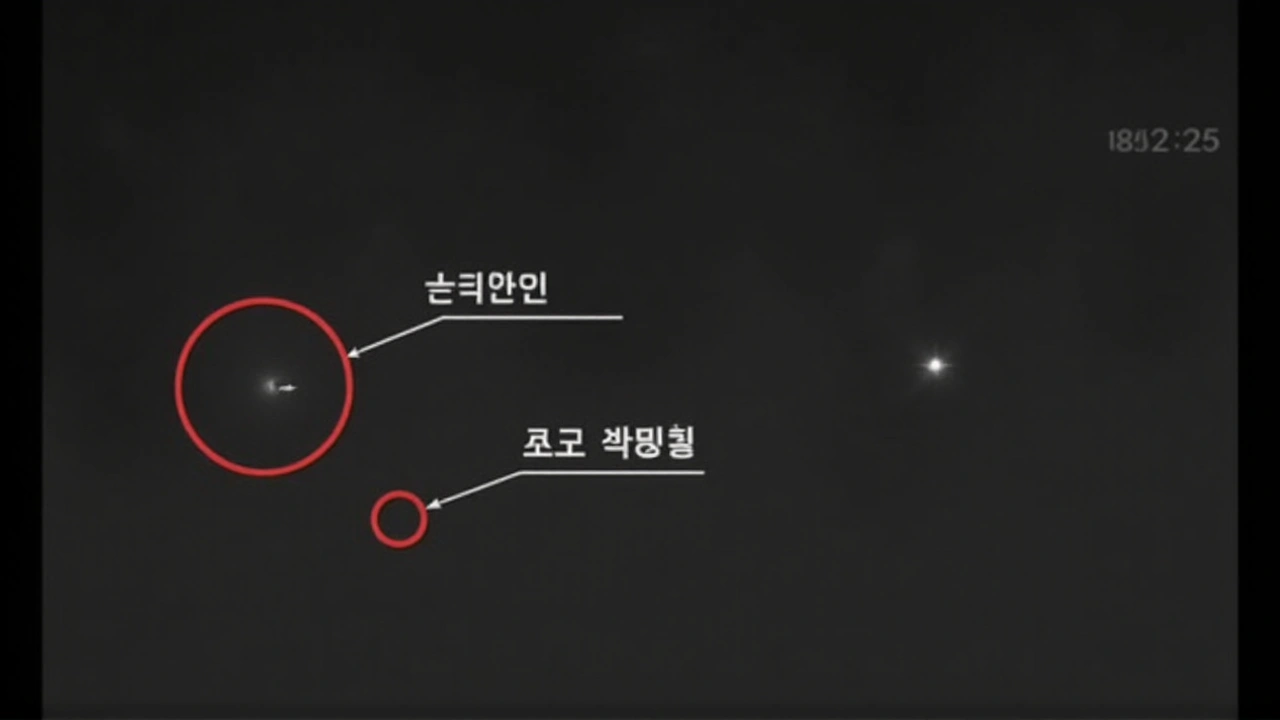Understanding Drone Incursion and Its Impact
Drone incursion is more than just a buzzword—it’s a real concern affecting security and airspace management worldwide. When a drone enters restricted or sensitive areas without permission, it can cause serious safety risks and disruptions. From airports to military zones, these aerial intrusions challenge how we protect our skies.
So, why should you care about drone incursions? Well, they can interfere with flight safety, invade privacy, and raise national security alarms. Drones aren’t just toys anymore; they’ve become tools that can breach restricted areas easily and quickly.
Common Causes and Risks of Drone Incursions
Most drone incursions happen because operators lose control, ignore rules, or just don’t know them. Sometimes, the drones are used deliberately to gather information or cause harm, which makes the issue even more serious.
The risks are real: collisions with aircraft, spying, and even smuggling. Airports, for example, have had to halt flights due to drones flying too close, causing delays and safety problems. That’s why understanding the causes helps us prevent these incidents better.
How Authorities and Tech Are Fighting Back
Governments and companies are using tech like radar systems, jammers, and software to detect and stop drones early. Laws are also tightening to hold operators accountable for reckless flying. These measures help keep our airspace safer.
But it’s not just about tech; awareness is key. If you’re a drone owner, knowing where you can and can’t fly is the first step to avoiding trouble. Public education campaigns and reporting suspicious drone activity also play a huge role in cutting down incursions.
Drone incursion remains a growing challenge, but with better tech, clearer laws, and common sense, we can keep our skies safe and secure for everyone.
North Korea Accuses South of Drone Infiltration: Escalating Tensions and Anti-South Sentiment
North Korea has accused South Korea of deploying UAVs that allegedly dropped anti-regime leaflets in Pyongyang on multiple occasions this month, branding the actions as severe provocations. The disclosure, unusual for North Korea, is seen as a move to fuel anti-South sentiment. This incident comes amid North's constitutional amendments removing peaceful reunification clauses and highlights the regime's push for portraying South Korea as hostile.
More
